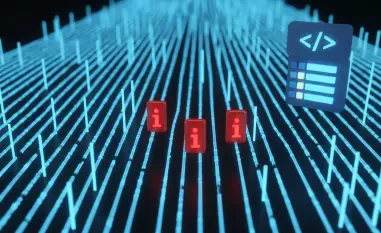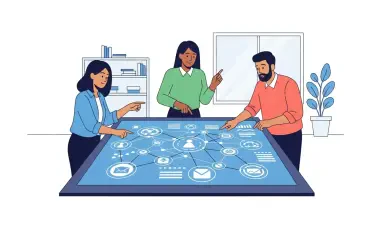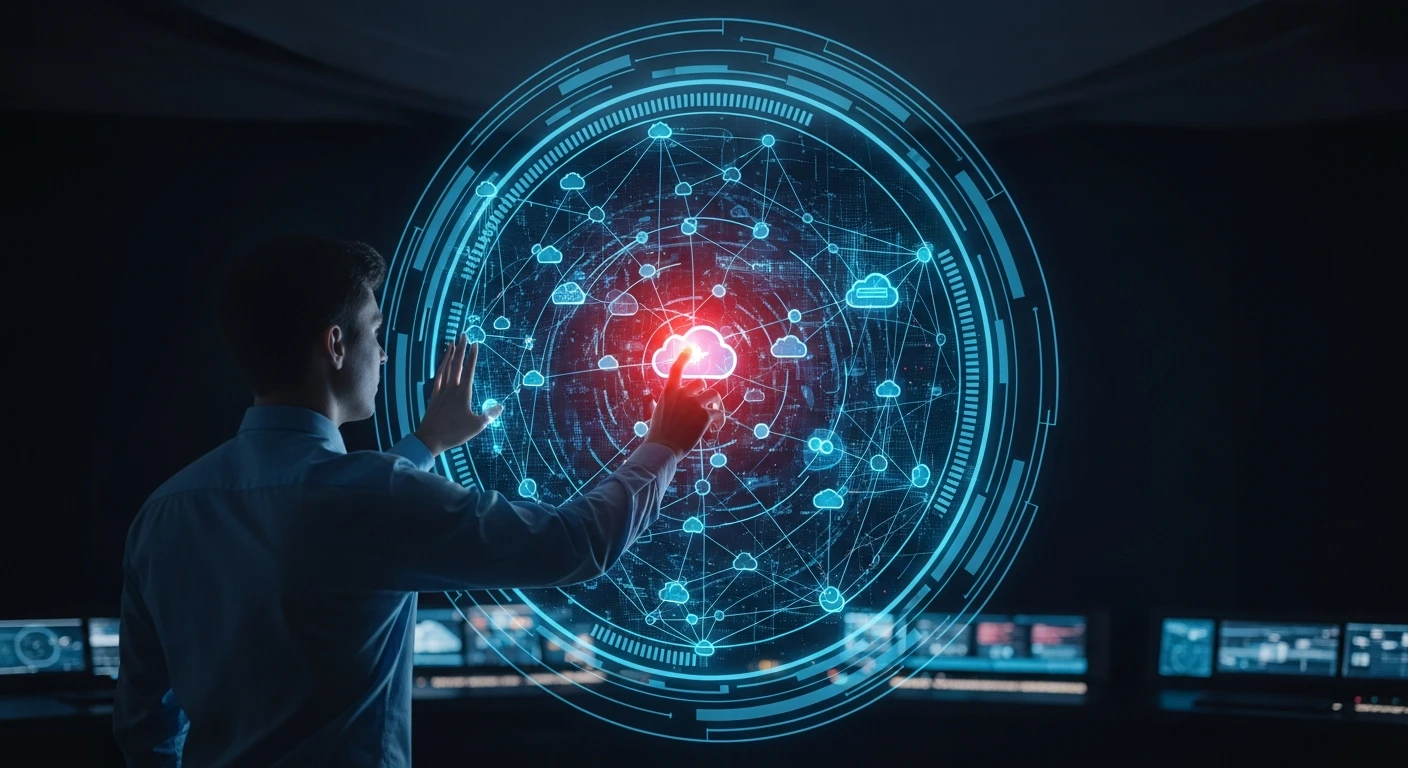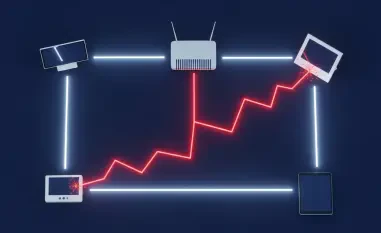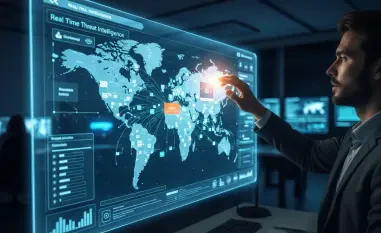In the complex and ever-evolving realm of cybersecurity, Malik Haidar stands as an authority on how digital threats can cross boundaries to impact various sectors, including journalism. His expansive work with multinational firms has given him a broad perspective on how security measures must integrate with business strategies. Today, we delve into the pressing issue of spyware attacks targeting journalists, exploring Malid’s insights on this concerning trend.
Can you describe your initial reaction when you received the alert from Apple about the potential spyware attack?
Receiving such an alert is quite a jolt. For individuals not accustomed to these warnings, it can feel like an intrusion not only into your devices but into your life. Given the gravity, the first instinct might be disbelief, followed by a rush of urgency to understand the threat fully and protect oneself.
Why do you believe you were specifically targeted with military-grade spyware?
Targeting typically hinges on the information you’re involved with and the parties interested in it. Journalists covering sensitive topics, especially those exposing political undercurrents, become targets because their insights can significantly impact public opinion and government policies.
How does it feel to be one of the known targets of spyware in Italy, alongside other journalists and civil society figures?
It’s a mixture of vulnerability and responsibility. Being targeted acknowledges the importance of your work, yet it simultaneously raises alarms since it indicates that vested interests feel threatened by your reporting. It underscores the need for solidarity within the journalism community to protect each other and the stories that demand telling.
Can you tell us more about the reports you worked on regarding young fascists linked to Prime Minister Giorgia Meloni’s party?
These reports aimed to unravel connections that might otherwise remain unseen, shedding light on affiliations and ideologies with potential ramifications for public discourse and policy. Investigating such a topic entails navigating delicate political landscapes and ensuring the integrity of the information gathered.
Did you have any prior incidents that made you suspect you were being monitored before receiving the alert from Apple?
In subtle ways, journalists often suspect surveillance through unexpected technological glitches or unusual activities in digital communication. Such occurrences can create an undercurrent of suspicion that becomes more pronounced upon receiving concrete alerts from credible sources like Apple.
What steps have you taken since learning about the spyware targeting?
It’s crucial to conduct a forensic analysis of the affected devices, seek expert consultations for cyber hygiene improvements, and remain vigilant about future communications or signs of intrusion. Engaging with groups like Citizen Lab can provide deeper insights into the nature of the threat.
How did Citizen Lab get involved in your case, and what have they discovered about the spyware used?
Citizen Lab’s reputation for investigating digital threats is profound. Their involvement often begins with analyzing the digital fingerprints left by spyware. Through advanced research techniques, they can attribute such attacks to specific spyware technologies and suggest preventive measures.
Were any specific digital security measures recommended to you by Citizen Lab or other experts?
Recommendations often include using end-to-end encrypted communications, regularly updating software, employing multi-factor authentication, and maintaining awareness of potential phishing approaches. Each layer of security helps mitigate threats significantly.
What are your thoughts on Paragon Solutions’ claim that they have a “zero-tolerance” policy for misuse of their spyware?
Such claims reflect an ideal scenario; however, the reality of implementation is often murky. Ensuring compliance with ethical standards requires rigorous oversight and transparency, which can be challenging in complex geopolitical contexts where tools might be used inappropriately.
How do you feel about the Italian government’s admission that it approved the use of spyware on certain NGO workers?
This raises critical concerns about civil liberties and the overreach of surveillance in the guise of national security. Balancing these aspects demands clear legislative frameworks and accountability to prevent potential abuses of power.
What do you hope the investigation by Copasir will reveal?
The hope is for transparency—a clear picture of how and why these espionage activities occurred and who sanctioned them. Such findings are crucial for developing frameworks that protect journalists and society from unwarranted intrusions.
How important is transparency and accountability in cases like yours where journalists and activists are being targeted?
Transparency and accountability are pillars of democracy. They ensure that individuals can safely exercise their rights and that any misuse of power is scrutinized and rectified, maintaining the trust between citizens and their governments.
What message do you have for others who might find themselves in a similar situation with spyware threats?
Stay informed, prioritize digital security, and never underestimate the value of collaboration and support networks. Sharing experiences and gathering collective wisdom can pave the way for implementing more robust defenses against digital threats.
Do you plan to take any legal action regarding the spyware attack on you?
Legal action remains a viable path, particularly in highlighting areas where existing laws may be failing to protect individuals against such sophisticated digital threats. It’s about setting precedents that deter future occurrences, not just personal resolution.
How has this incident affected your work as a journalist and your approach to investigative reporting going forward?
Such incidents heighten awareness and caution, prompting a reassessment of the methods used to gather and store information. The core of journalism—truth-seeking and information dissemination—remains unchanged, though procedures might evolve to enhance security.
Are you considering any changes to your personal or professional life in response to this event?
While personal life changes might involve stricter privacy measures, professionally, the incident reinforces the importance of defying intimidation by continuing to report on critical issues. It might also heighten advocacy for secure journalism practices.
How has the broader journalistic community in Italy responded to these spyware revelations?
The community often rallies around its members, recognizing these threats as an attack not just on individuals but on journalism’s freedom. Such revelations prompt dialogues on protective strategies and solidarity among journalists in Italy.
What role do you think international organizations should play in protecting journalists from digital threats?
International organizations represent collective strength and advocacy for global standards in press protection. They can push for policy changes, offer resources for digital security, and mobilize attention on governmental misuse of surveillance technology.
Are there any specific measures you believe governments should implement to prevent misuse of such technology?
Implementing strict regulations, maintaining oversight through independent bodies, and ensuring transparency in data use can significantly curb misuse. Regular audits and mandatory reporting on the use help create an environment of trust and accountability.
What are your thoughts on the balance between national security and the protection of civil rights in cases like this?
While national security is paramount, it should not come at the expense of civil rights. A delicate balance must be struck using clear policies that prioritize citizens’ freedoms and trust while addressing valid national security concerns responsibly.



